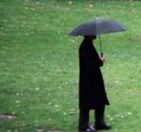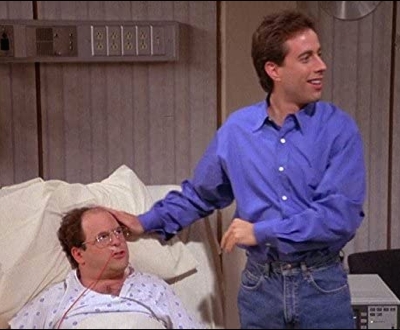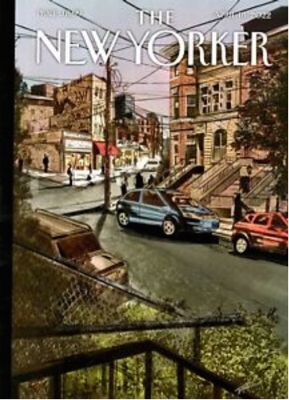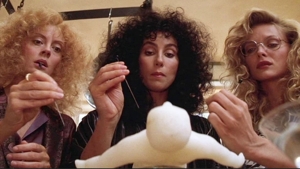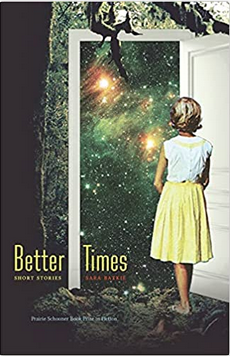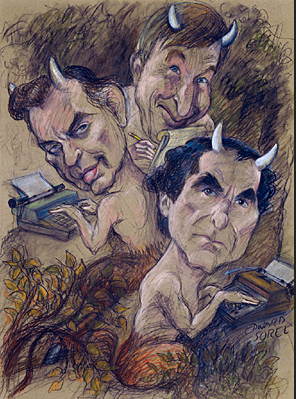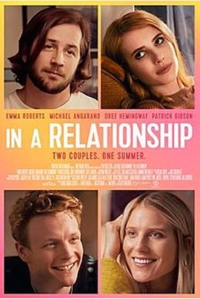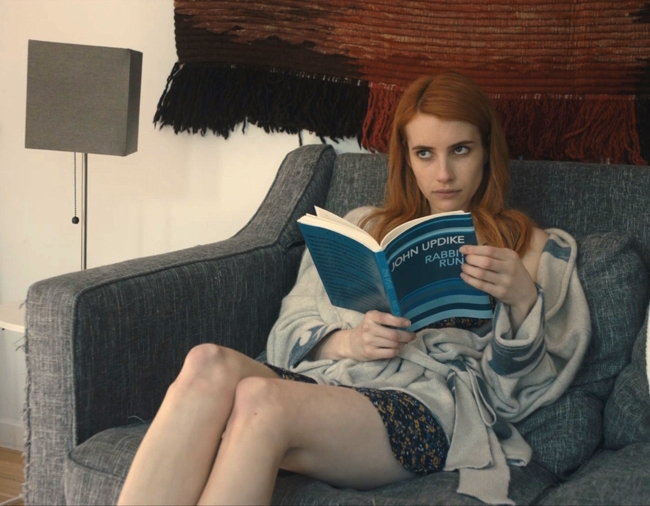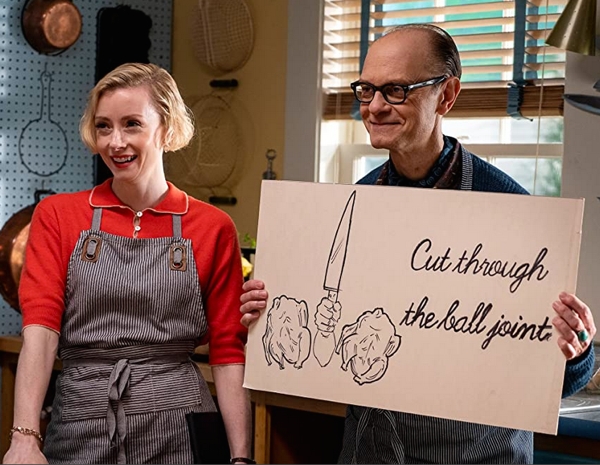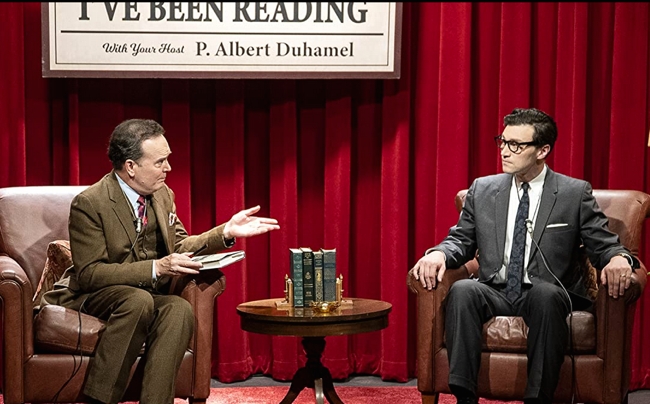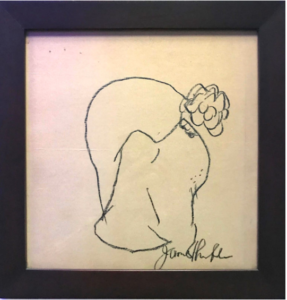On the 50th anniversary of JFK’s assassination, the Dallas Observer‘s Jim Schutze wrote a column titled “Umbrella Man, Umbrella Man, Please Stay Away. Don’t Come to Dealey on JFK Day.” The title itself is pure, poetic, fun with language, so it’s perhaps no surprise that Updike turns up.
“Louie Steven Witt, are you still out there somewhere, alive? Would you tell me if you were? You know you’re back in The Dallas Morning News this morning, but only as a ghost,” Schutze began. Witt was identified as the “umbrella man” during the House Select Committee on Assassinations in 1978. The umbrella man was one of the closest bystanders when the assassin’s bullet struck President Kennedy, and the only one in the area with an umbrella who was opening and closing it. A signal?
“You have something in common with the old rich Dallas people sponsoring the 50th whatever-it-is-this-year. A half century ago all of you were abducted and transported into the bizarre quantum universe of Kennedy assassination conspiracy theory. When he wrote about you in particular, Mr. Witt, in The New Yorker in 1967, the late great novelist John Updike described the alternative reality that consumed you as ‘a sub-atomic realm where laws are mocked, where persons have the life-span of beta particles and the transparency of neutrinos, and where a rough kind of averaging out must substitute for absolute truth.”
Read the whole article.

